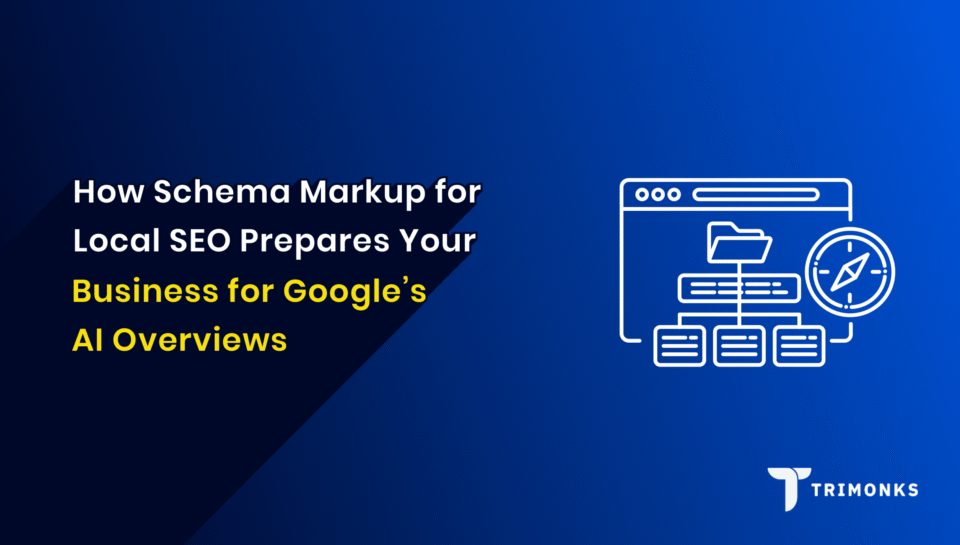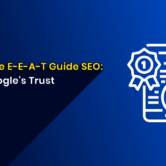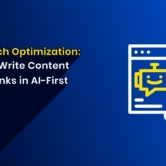How Schema Markup for Local SEO Prepares Your Business for Google’s AI Overviews
Introduction
The nature of search on Google has changed drastically. As AI Overviews start appearing at the top of search results, users now see summaries of content produced by AI and often don’t even navigate further. This represents a new challenge for business and municipal visibility; it is no longer only about ranking a search as page one, but being selected as a trusted source by Google.
So, how can you begin to ensure that your business stands out in the AI-driven search space? Simple, schema markup for local SEO. Incorporating structured data to your website allows you to provide Google clear machine-readable context for your company, services, and FAQs. Adding schema markup significantly increases your chances of being surfaced in AI Overviews, map packs and other features of rich search.
This guide will explore why schema is important for visibility, types of schema every business should implement, and how to get your website ready for an AI world for search.
What are Google AI Overviews and why should we care?
What are they: AI Overviews are summaries created by AI models that will be visible above or near the top of the search results. They will compile information from a few different sources to provide a complete response for the user.
Frequency and impact: As of mid-2025, there are many local and informational types of queries returning Google AI Overviews. Some reports say ~40-50% of local business queries are impacted.
Change in how people search: Zero-click searches are increasing (users get answers without clicking). Local searches are more intent-driven, often with “how”, “why”, “best”, “near me” etc. Those queries are prime candidates for AI Overviews.
If your site is not well-structured, you might be losing out on being included in these Overviews, even with a decent rank in normal SERPs.
How Schema Markup Powers Local SEO
Schema markup for local SEO is defined as adding structured data (often JSON-LD) that clearly communicates to search engines what your business is, where it is located, what services you provide, what people are asking (FAQs), reviews, and more.
Some main advantages are:
- Aids Google to recognize your type of business entity, sporting area, business location, & more.
- Improves chance of being featured in knowledge panels, map packs, and AI Overviews.
- Improves “trust signals” via reviews, ratings, FAQs.
- Enables Google to pull exact bits of content (like answers to FAQs) rather than approximate snippets.
Types of Local SEO Schema Markup You Should Implement
Below are the schema types that matter most right now.
| Schema Type | Covers | Why It Helps |
| Local Business | Name, address, phone, hours, geo, URL | Boost visibility in Google Maps & Local Pack |
| FAQ | Common Q&As about your business/services | Increases chances to appear in AI Overviews |
| Review/Rating | Customer reviews & aggregate ratings | Build trust and authority in search |
| Service/Product | Specific products and/or services | Improves relevance for service or product related queries |
How to Add Schema Markup for Local SEO
1. Open the Structured Data Markup Helper website from Google
In any web browser, open the Structured Data Markup Helper website from Google
The tool provides the functionality to visually tag elements (including the name, the address, and telephone number of the business) that creates structured data in JSON-LD.
2. Choose your type of Schema
The best schema types used for local SEO are:
LocalBusiness → For a standard business with a location.
Organization → For larger businesses or for businesses that strictly function as a digital brand.
FAQPage → For question/answer content.
Product/Service → If you sell specific products and/or services.
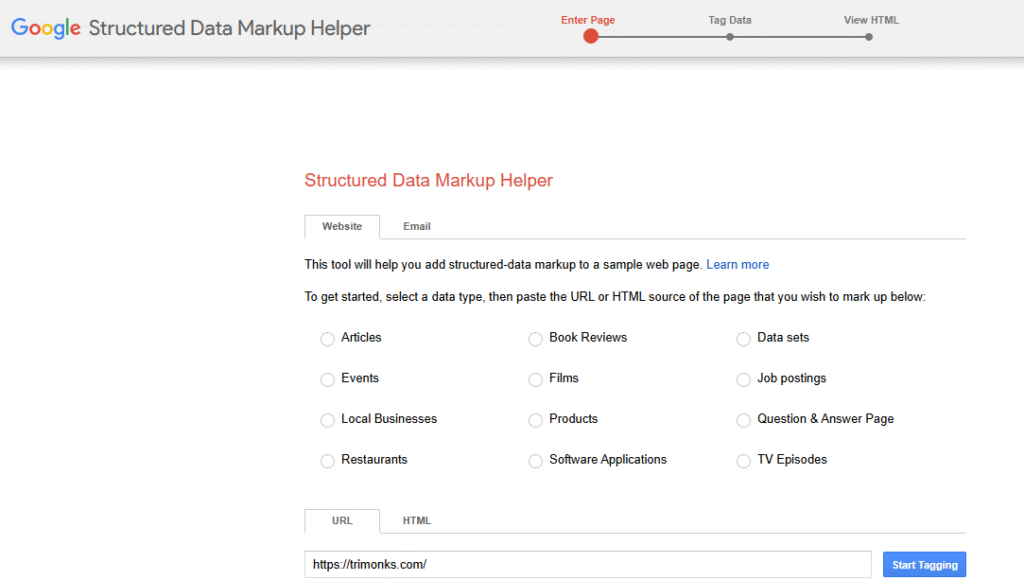
3. Tag, Generate & Review Your Schema
Begin tagging the main components of your page (business name, address, phone number, hours, and social links). The tool will convert these highlighted items into schema properties for you.
Once you finish tagging, it will display a preview of what the generated JSON-LD code looks like – you will want to take a moment and review it. You should replace any clearly marked placeholders (such as “name”, “address”, “telephone”) with your own business details.
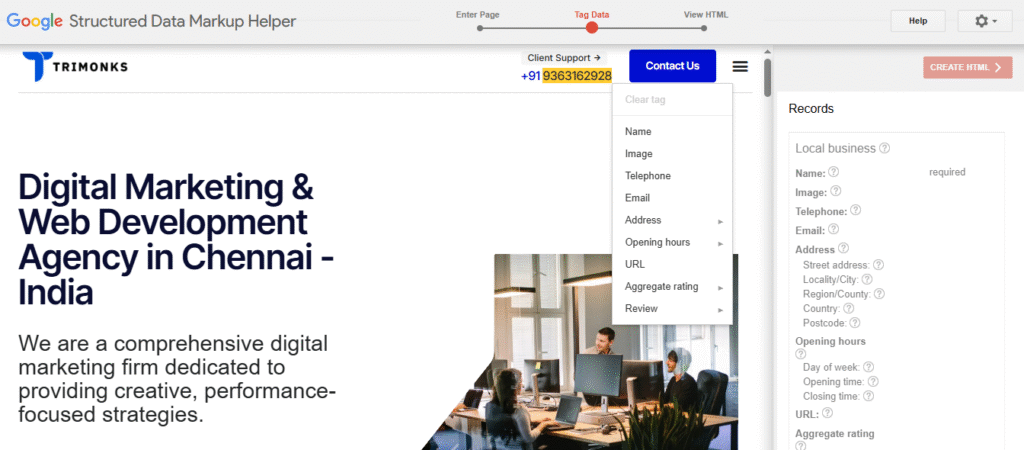
4. Test your Schema
Go to:
Paste your code or page URL into one of these tools to ensure your markup is free of errors.
5. Paste the Schema Code to Your Website
- Copy the customized JSON-LD code.
- Paste it into the <head> section of your site.
If you are using WordPress, add it through an SEO plugin (Yoast/Rank Math) or a “Custom Code” plugin.
Conclusion
In today’s search landscape, simply ranking on page one will not cut it. Google’s AI Overviews are changing the way users view local businesses, ranking schema markup for local SEO an outright requirement.
With local business schema markup, FAQ schema markup, and review schema, you help Google’s AI to better understand and trust your content which translates into more visibility in AI Overviews and beyond.
If you’re looking to futurize your digital footprint Trimonks can work alongside you to implement the correct schema strategy, and optimize your website for AI-first search success.


